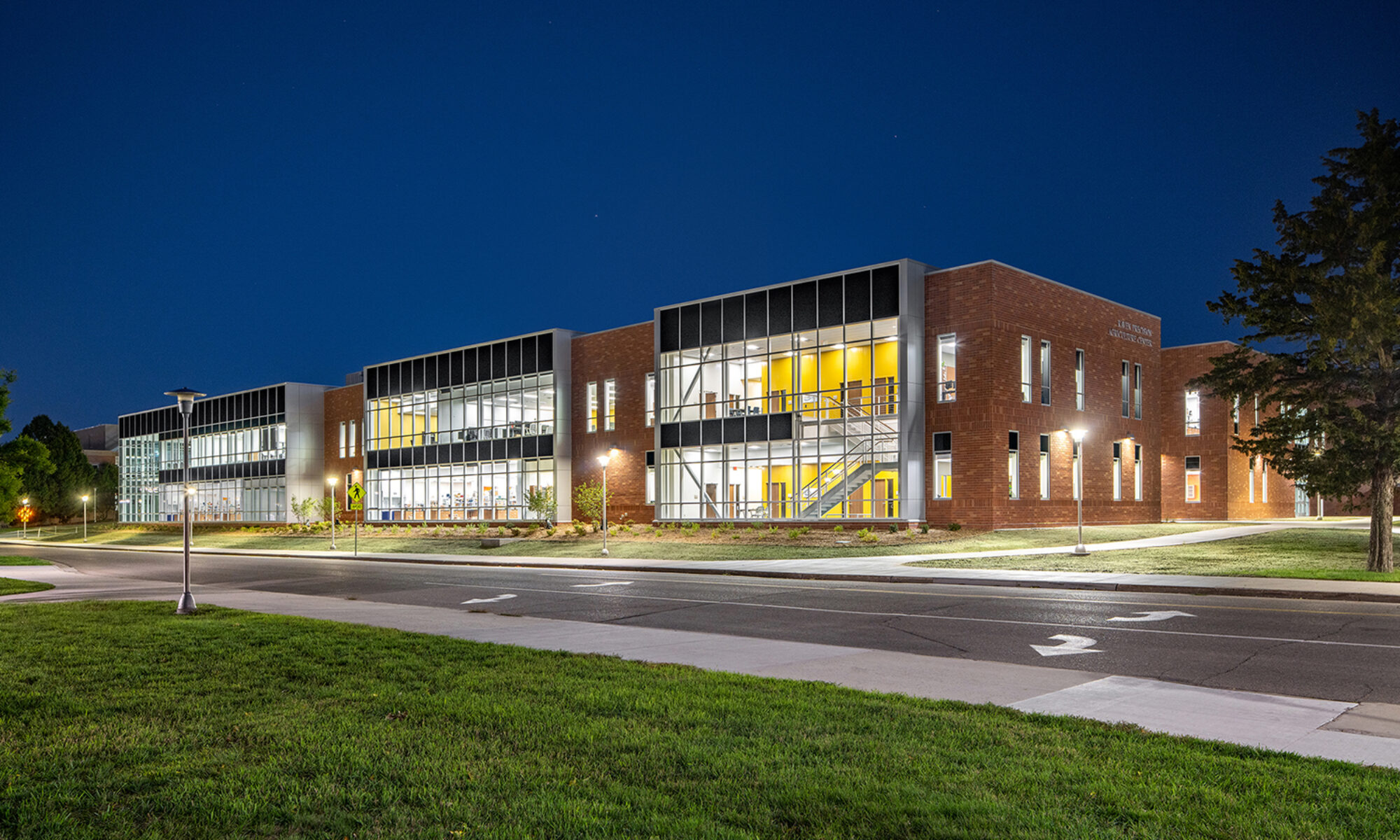What is advocacy, and what does it mean for our profession in the state of South Dakota. Advocacy can be defined as supporting the cause, or in the case of architecture, it can be a method of how we continue and strive to protect the life, safety and welfare of those who work and live in our creations.
As we continue our efforts effort to help protect the licensure of all architects, AIA South Dakota works with AIA national and many parallel organizations of other professional societies. One of these is the National Council of Examiners for Engineering and Surveying (NCEES). As we work through advocacy this month, the NCEES CEO David Cox, wrote an Op-Ed that was published in The Hill, which is one of the largest independent news sites in the United States. While the article addresses specific engineering licensure issues, it is applicable to all professional license standards, including architecture. This article addresses how the disregard for such standards places the public at risk.
I invite you all to read and share the article with others.
Jeffrey Nelson, AIA NCARB
Downgrading Licensing Will Weaken Consumer Protections
Content reposted from The Hill by David Cox, Opinion Contributor – 01/18/22
With the recent enactment of the Infrastructure Investment and Jobs Act, engineers and surveyors will be called upon to work with similar professionals to improve the physical infrastructure in our country. They will work to improve the safety of the roads we drive, the bridges we cross, the water we drink, and countless other areas that impact our daily lives. The public can have confidence in the safety and integrity of the work engineers and surveyors will provide thanks to our current licensing system, which was first established in the U.S. more than 100 years ago. However, it is imperative that state lawmakers recognize the importance and value that the existing licensure requirements and processes provide in protecting the public.
With so many large and extraordinary projects on the horizon that will impact the health, safety, and welfare of the public, state lawmakers must resist calls to weaken or eliminate the consumer protections afforded by rigorous professional licensing standards.
In many states, lawmakers are proposing to downgrade licensing for professions with high public impact such as architects, CPAs, engineers, landscape architects and surveyors with the hope of boosting the economy. Lost in many of those proposals are the unintended consequences on the same consumers the anti-licensing movement purports to help.
In most cases, consumers can choose a service provider based on recommendations and decide whether to continue using them based on their level of satisfaction. However, in the case of some highly-technical professions, such as engineering and surveying, consumers do not get to choose who builds the bridges and roads they drive on every day. They must rely on lawmakers to ensure their safety through licensing standards that require engineers and surveyors to demonstrate a minimum level of competence through education, examinations, and experience.
The steady weakening — or in the most extreme cases, the proposed wholesale elimination — of licensure standards for engineers, surveyors, and other highly technical professions will put the public at an increased level of risk.
Since the first engineering and surveying licensure laws were established, lawmakers in every state have taken seriously their responsibility to protect the health, safety, and welfare of the public in situations where the public is unable to do so for themselves. This commitment to public protection must continue.
Public protection will be impacted if the long-standing requirements for engineering and surveying licensure are swept-up and swept-out as part of broad-brush efforts to remove barriers to entry for some occupations.
Too often, licensing critics conflate occupations with professions to make their case. There is a critical difference between occupations and highly complex, technical professions that are responsible for the integrity of our physical and financial infrastructure.
Any attempt to change state licensing requirements should reflect this important distinction. Engineering and surveying rightly require necessary standards for education and experience and the ability to demonstrate a minimum level of competence through examinations. If any of what we call the “3 Es” — education, examinations, and experience — are downgraded in one or two states, the ripple effect throughout the country would have a devastating impact on consumer protection due to existing interstate cooperative licensing processes that allow engineers and surveyors to become quickly and easily licensed in additional states.
Consumers intuitively know that downgrading licensure requirements is an unreasonable and unacceptable risk. This instinct was reflected in a poll commissioned last year by the Alliance for Responsible Professional Licensing (ARPL) which found that 71 percent of voters believe professional licensing should be required unless it can be proven that eliminating licensing will not have a negative impact on public health and safety. The same poll also found that 67 percent of voters believe that consumers are best protected by a system that regulates education, examination, and experience standards — all of which are overseen by a state licensing board.
As Benjamin Franklin once observed, “an ounce of prevention is worth a pound of cure.” When it comes to building our critical physical and financial infrastructure, responsible professional licensing overseen by state licensing boards is the best method of prevention.
State lawmakers, licensing boards, engineers, surveyors, and others practicing within other highly technical professions must never lose sight of their shared obligation to protect the public. And the best way to honor that commitment is to provide effective licensing models that are designed for public protection. Downgrading the long-standing licensure requirements for highly technical professions will ultimately cheapen our investment in infrastructure and our investment in the health, safety, and welfare of the public.
David Cox is the CEO of the National Council of Examiners for Engineering and Surveying (NCEES).

